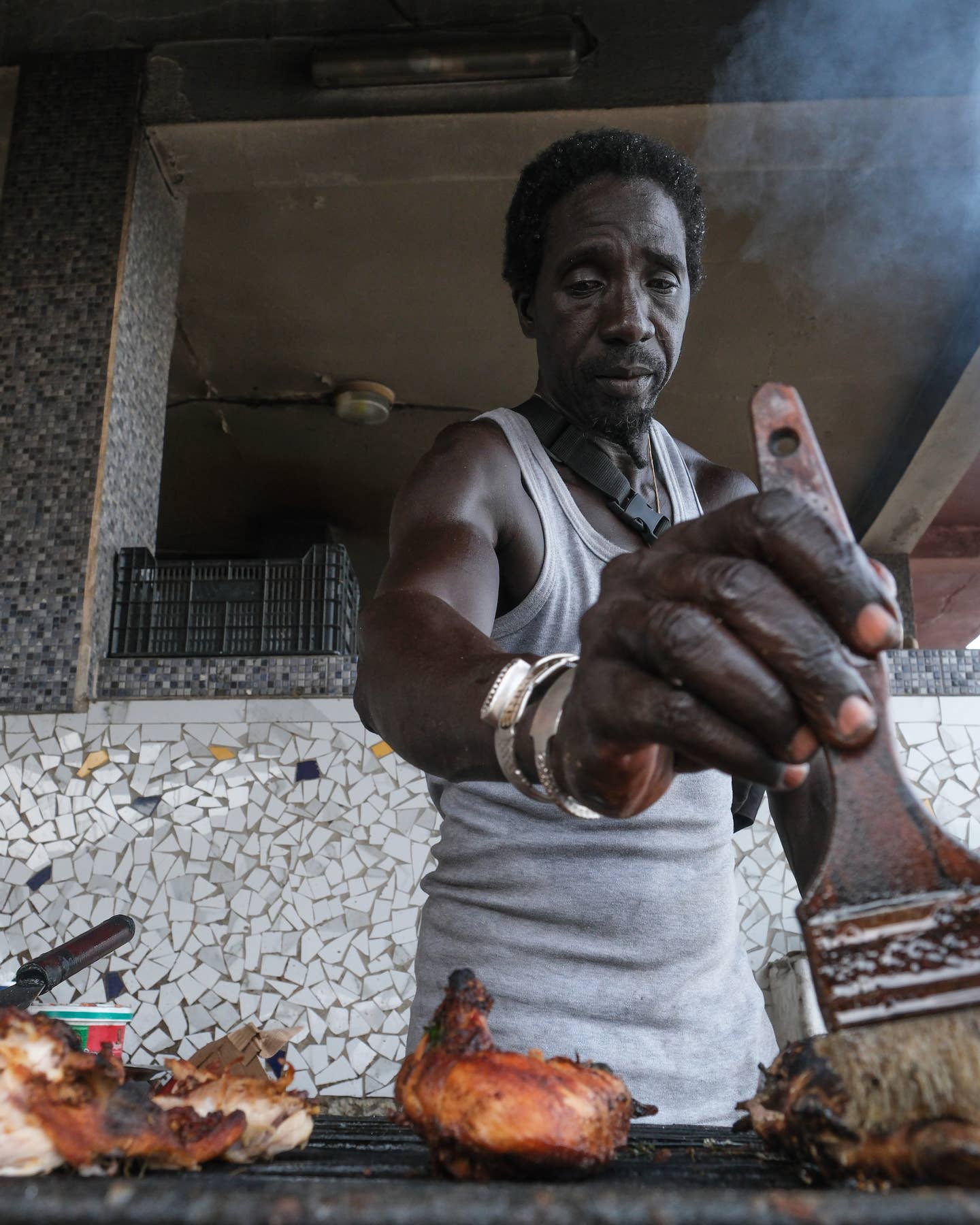
Meet, Greet, and Eat
“Hey, let’s be friends, and while you’re at it, could you pass the wild boar?”
Barack Obama was just finishing his acceptance speech at the Democratic National Convention when I arrived at a young farmers' meet and greet in The Mission, one of a series of events taking place this weekend during Slow Food Nation. His voice rang out from speakers attached to a laptop, and Severine von Tscharner Fleming, producer of the forthcoming documentary _The Greenhorns_, had her fist pumped in the air. "Did you hear what Obama just said? "There are farms to save!" She ran around the room spreading the news as guests trickled in for a "pirate seed swap" and cocktail mixer, a party held in a warehouse that invited young farmers and food activists from across the country to get to know each other on the eve of the first annual event of Slow Food Nation, a subsidiary non-profit of Slow Food USA. When the speech was over, we crowded around a farm table laden with platters of Early Girl tomato salad and heaping trays of wild boar. "The Greenhorns is a documentary about the valor and strength and fierce patriotism of young farmers," Fleming said in introduction. "On the agenda tonight is first the enjoyment of food, then the swapping of seeds."
The Bull Moose Hunting Society founders, Nick Zigelbaum and Nick Chaset, provided the wild boar which they had killed themselves on a non-functioning ranch just north of Sacramento. "We've literally seen these animals from field to plate," said Zigelbaum. "They ate lots of alfalfa and almonds. They lived a good life and they died quickly." The aim of the Bull Moose Hunting Society is to bring hunting back into the food chain. Zigelbaum had never shot a gun until a year ago, but felt it was his responsibility as a meat eater to know exactly where the meat he was eating came from. "Wild boars are a non-native species. They can smell water so they dig up irrigation systems, and they eat everything." Shooting the boars was a service to the farmer on the plot next to the ranch. The ranch's proprietor taught the two Nicks not only how to track and shoot the animals but also how to skin, dress, and hang them. They drove all the way back to San Francisco with their first catch and went straight to a butcher to have it dissembled. "Everyone in this room could be a hunter," said Zigelbaum, as we watched the once-heaping plates of food diminish to nothing but leftover greasy tidbits in a matter of minutes. "What we want to do is bring urban people through the hunting process, from tracking the animals to cooking the meat."
The wild boar was prepared in the cooperative kitchen of the warehouse by Vera Fabian, Gordon Jenkins, and Anastasia Curley. It was cured with olive oil, rosemary from the garden, and sea salt and roasted for two and a half hours. Guests stacked pulled pieces of boar on torn hunks of baguette smeared with brown mustard. Or we just ate from the platter with our fingers, savoring every renegade bite. Lightly salted and more tender than one might expect, I could practically taste the California earth that had fed those beasts.
Keep Reading
Continue to Next Story










